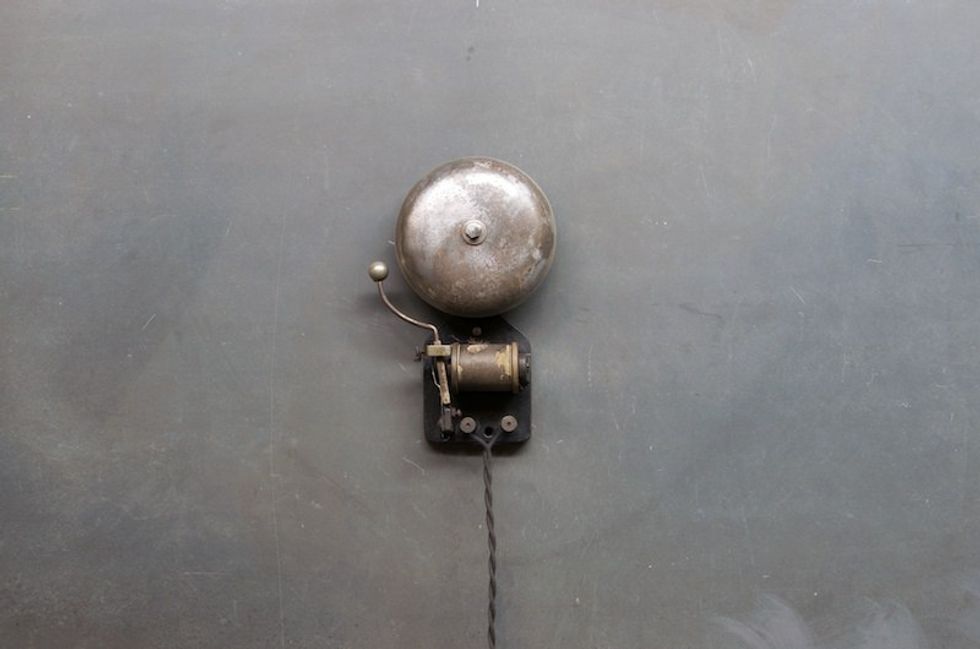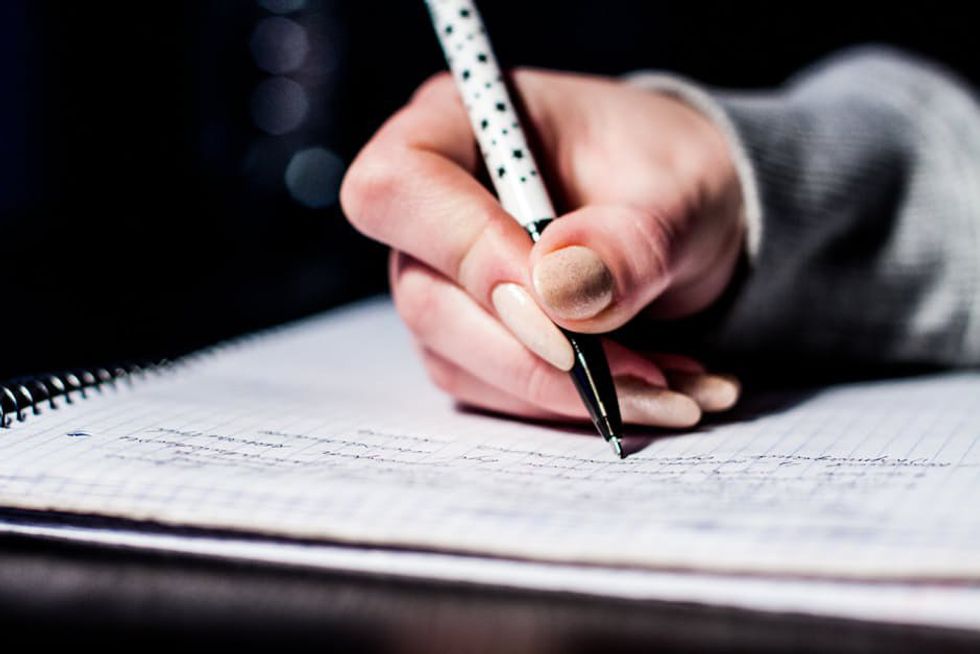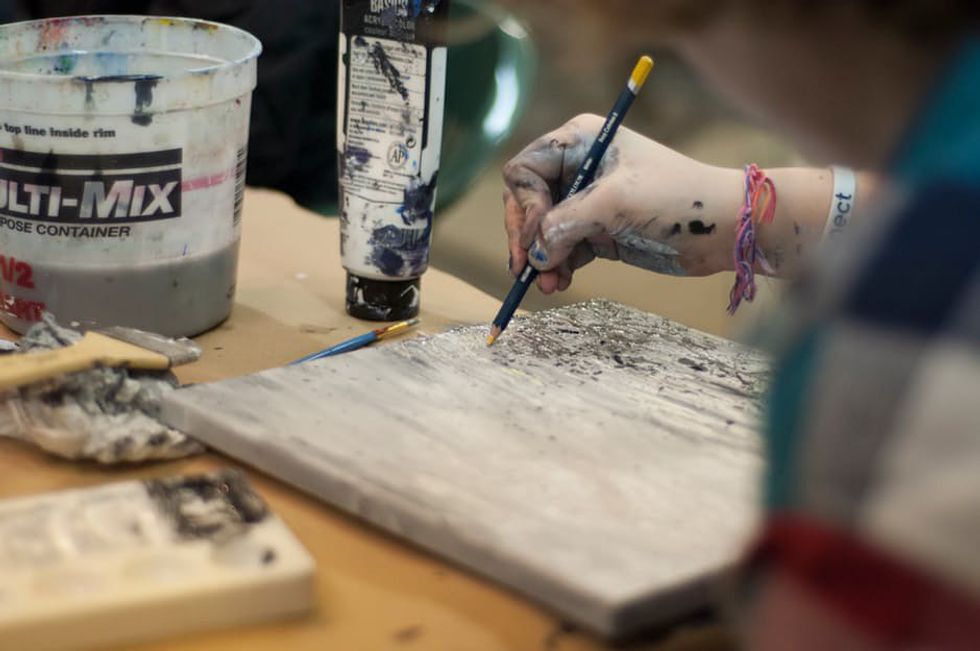I didn’t think coming up with this list would be so easy. The school system has not changed much in the past 100 years, and it shows through practices that are insensitive to individualities in students that have become ineffective and obsolete in the present, globalized world.
1. Bells
The bells you hear in schools today were put there to get kids used to working in factories and mines where a bell would signify the end of a shift or a break. Not something you would want or expect of kids post-industrial era.
2. Unhealthy Cafeteria Food
The Republicans in Congress still want to consider pizza a vegetable because of its sauce. This is just one of the shortcuts school administrations try to take. The soda machines in schools are heavily paid for by whoever’s machine it is; Coca-Cola is one of the biggest offenders in promoting childhood obesity and diabetes for the sake of profit. The lack of healthy options affects the child’s ability to concentrate and sit still during class and contribute to health problems and unhealthy habits that could affect them for the rest of their lives.
On a side note, schools who offer free and healthy breakfasts notice a marked improvement in the performance of their students, especially students of a lower socioeconomic status who may not have available food at home.
3. Starting At 8 A.M. For Teenagers
Studies show that starting school half an hour to an hour later markedly improves a student’s overall function and helps reduce sleep deprivation in teens. This, in turn, has a myriad of health benefits like better performance in school and healthier brain development.
4. Dress Codes That Are Demeaning And Unequal
Dress codes that specifically target girls and people of different ethnicities and religious beliefs have a great effect on those individual’s psyche and the future culture that they will live in. Dress codes that don't allow girls to wear something sleeveless because their shoulders are distracting not only objectifies their bodies but gives a free pass to the boys to do the same. There are also horror stories of how certain dress codes are checked and enforced, like having to kneel down in order to prove that your skirt is knee-length. Even private schools who will only let girls wear skirts and not the pants that the boys wear is very sexist and objectifying. Dress codes that won’t make exceptions for certain religious headwear, such as kippahs, hijabs or jooras, only enforce religious intolerance and further ignorance towards different religion, and makes kids feel even more isolated.
5. Standardized Testing/Strictly Enforced Lesson Plans
Although these tests do measure some of what a kid learns in school, it is a very shallow way of viewing learning. It undervalues other kinds of intelligence, and the funding that results from the students’ performance produces much stricter lesson plans that only focus on these restricted views of intelligence; standardized tests were a solution trying to repair a broken system. Students today need to learn to work globally and think creatively solving problems that really matter; they don’t need to be stuffed full of simple facts. They need to be trained for jobs that don’t even exist yet.
6. Underfunding Art Programs
This plays on my last point. Simple workers are easily outsourced to someone who will do it for less, but a creative mind brings something that cannot simply be replaced. In an age where marketing teams need a wide range of abilities in everything from communication skills to design.
7. Failing to Establish Relevance
This is similar to just telling a child that they’ve done a good job without telling them what it is they did so well. Students are much more likely to do well in a subject if they can relate it to themselves. When a student asks their teacher “will we use this in real life,” a teacher should be able to answer them, or the student will find much less motivation to pay attention.
8. Abstinence-Only Sex Ed Programs
9. Zero Tolerance Discipline Practices
“…research has shown that students are frequently suspended on grounds such as “willful defiance” for behavior that is often related to having a disability, being culturally different from teachers or administrators, or because they are still learning how to respect themselves and others. ” These suspensions take away from precious learning time, and doesn’t solve the problem. There are schools in California who are building “restorative justice, social-emotional learning and positive behavior interventions and supports (PBIS) ” programs to help young students (k-5) to hold students accountable for their actions while still helping them cope and adapt. All of these programs have shown positive results and cost very little if anything at all because they can be funded by existing programs and are shown to greatly improve students’ test scores.
10. Not Integrating Technology into Lessons
With the rapid evolution of technology, keeping technology out of lesson plans will greatly hinder the student’s ability to apply what they learn to their own lives and to the jobs they will hold. Lessons on how to manipulate technology to solve problems should be a big part of what they learn; this way the technology is no longer a distraction, but an essential tool.
11. Downplaying The Blemishes In American History
The history lessons taught in school are very sugar coated, as they try to make America out to be the hero and that its leaders are perfect. I can name just a few events in America’s history that are hardly ever mentioned if at all in school. Being able to learn from past mistakes made by this country and its people would give the future leaders of America great insight on how to improve it and hold solve its problems. The musical Hamilton is a great example of a truthful biography of a brilliant founding father who was not a perfect man.































